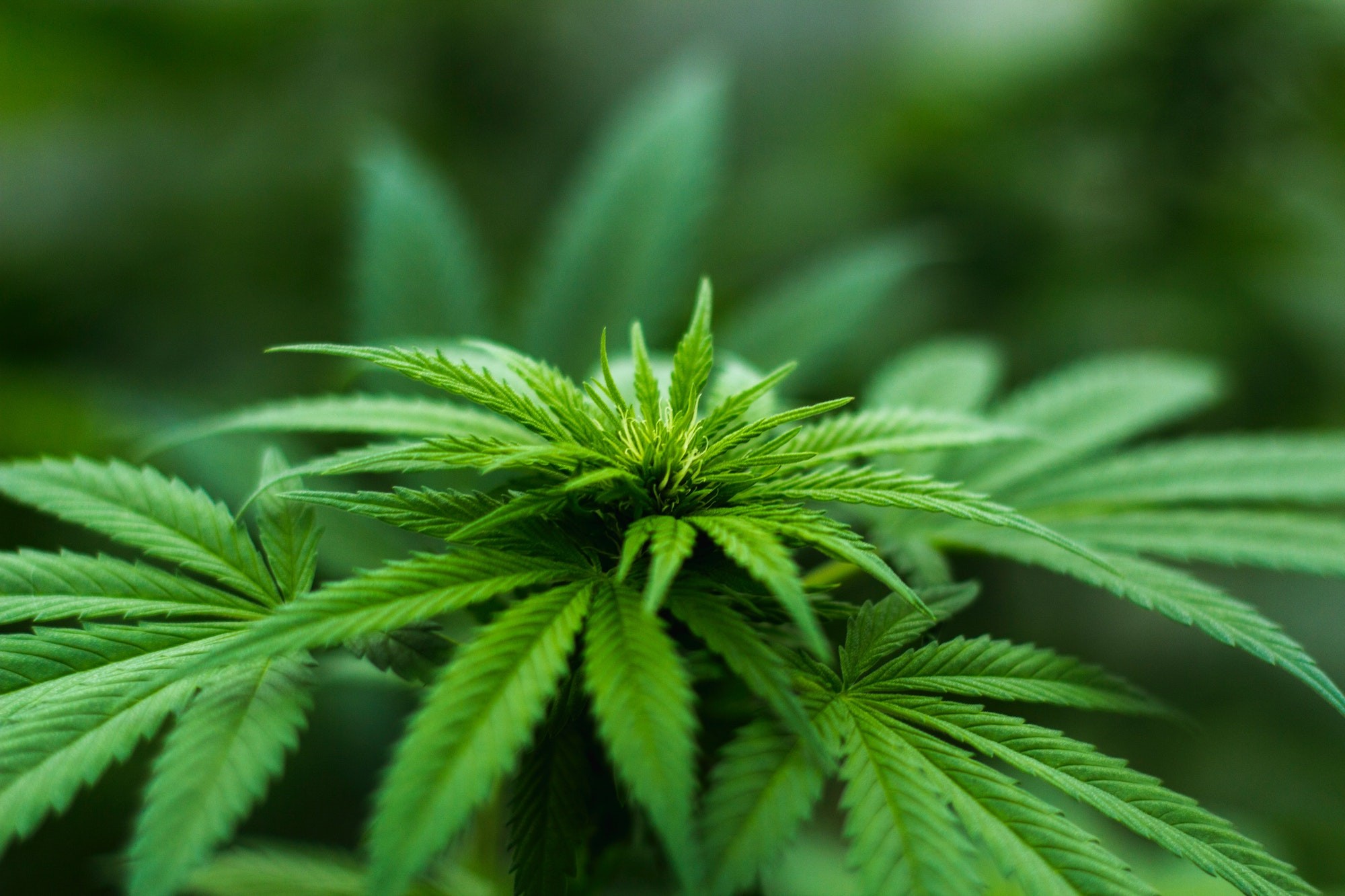Guest Post by David S. Miller:
The very richest Americans will never pay a dollar of income tax, even if the Bush tax cuts expire. We could fix this very fundamental problem of our income tax system without raising rates or affecting a single small business owner, and we might raise a few hundred billion dollars along the way.
Consider Larry Page. At the end of 2010, he owned 28,017,496 shares of Google, which had a value of $16.6 billion. Over the prior two years, his stock appreciated by $8.1 billion. He will never pay a penny of income tax on this wealth unless he is extraordinarily patriotic. All he has to do is borrow against it, spend away, and then die. If the Bush tax cuts expire, he will pay about a nickel more in taxes on the dollar of salary he earns each year but not a penny more on his billions of appreciation. The very same is true of Bill Gates, Warren Buffett, and Larry Ellison — they may earn, borrow and spend their wealth without ever paying tax. And we know that this is what Larry Ellison does.
Imagine if those individuals who earned $1.6 million a year or had $5 million of publicly-traded property– the 0.1% highest earning and wealthiest Americans– were required to “mark to market” their publicly-traded securities and derivatives and pay tax on the appreciation (and receive refunds if this property subsequently depreciates).
This wisp of an idea would affect only the undeniably wealthy, wouldn’t raise rates, and wouldn’t touch a single small business owner.
But we would ensure for once that the very richest among us pay at least some income tax on the economic income they have earned and can spend. We’d also help dent our country’s growing income inequality. We would finally level the playing field between founders and investors (who escape all tax on their unrealized appreciation) and wage earners (who are subject to current tax at ordinary income rates on all of their economic income, except what little they can put into tax-deferred retirement plans). And we might just raise a few hundred billion dollars along the way.
==
David S. Miller is a tax lawyer. For more on mark-to-market taxation, read this (downloads as pdf).
==
This guest post was submitted in response to my query about how the best way to deal with the current economic situation. This post does not necessarily reflect my thoughts and feelings.
Your comments and reactions are, of course, appreciated. Just play nice. I have standards. And I don’t want to have to delete you.



